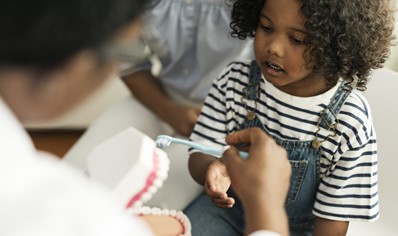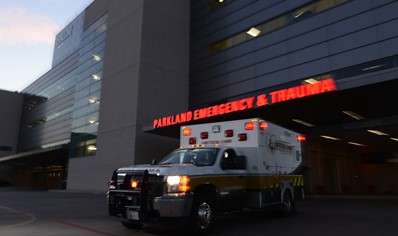
Regular Foot and Eye Exams Are Important When You Have Diabetes
August 1, 2023
Good health relies on three pillars: eating right, getting regular exercise, and sleeping well. If you have diabetes, you need to add two more pillars: performing regular foot exams and getting an annual eye exam.
Why are these so important? Diabetes is one of the leading causes of vision loss in the United States. It is also one the main causes of amputations. Losing your eyesight or a limb is a shattering experience for most people. The good news is you can lower the risk with regular foot exams and an annual eye exam with your doctor.
If you have diabetes, it’s a good idea to remember these three tips:
- Control your blood sugar. Taking control of your blood sugar will help prevent eye disease or loss of a toe, foot, or leg. Keeping your blood sugar in a normal range prevents damage to blood vessels and nerves in your eyes and limbs. Work with your provider to make sure you understand how to eat a healthy diet and how to take your medicines.
- Take care of your feet. Wear properly fitting shoes with socks and check your feet daily. A small area of redness or a blister can be the first sign of a serious problem. If you notice changes in your feet, be sure to call your provider right away. When you do see your provider, remember to take off your shoes and socks. Ask them to check your feet. At least once a year, remind your provider to check your feet with a monofilament (which is like a piece of fishing line). This will help identify any nerve damage.
- Pay attention to your vision. If things look blurry or you see spots or flashes of light, call your doctor’s office right away. If it suddenly seems like a curtain is going down across your eyesight, go to the emergency room. All of these things can be signs of damage to your eyes from diabetes.
At least once a year, your provider should do a dilated eye exam. You may need to see a specialist for this exam. The eye specialist will put drops in your eyes to open up the pupil (the black spot in the middle of your eye). This allows the provider to check the pressure in your eyes and to see the tiny blood vessels and nerve at the back of your eye. Early detection of damage to your eyes is key to keeping your eyesight.
Looking for a doctor near you?
Visit ParklandHealthPlan.com/FindAProvider.
PCHP members can also contact Member Services for assistance Monday – Friday, 8 am to 5 pm (except state holidays).
HEALTHfirst STAR Medicaid: 1-888-672-2277
KIDSfirst CHIP/CHIP Perinate: 1-888-814-2352


